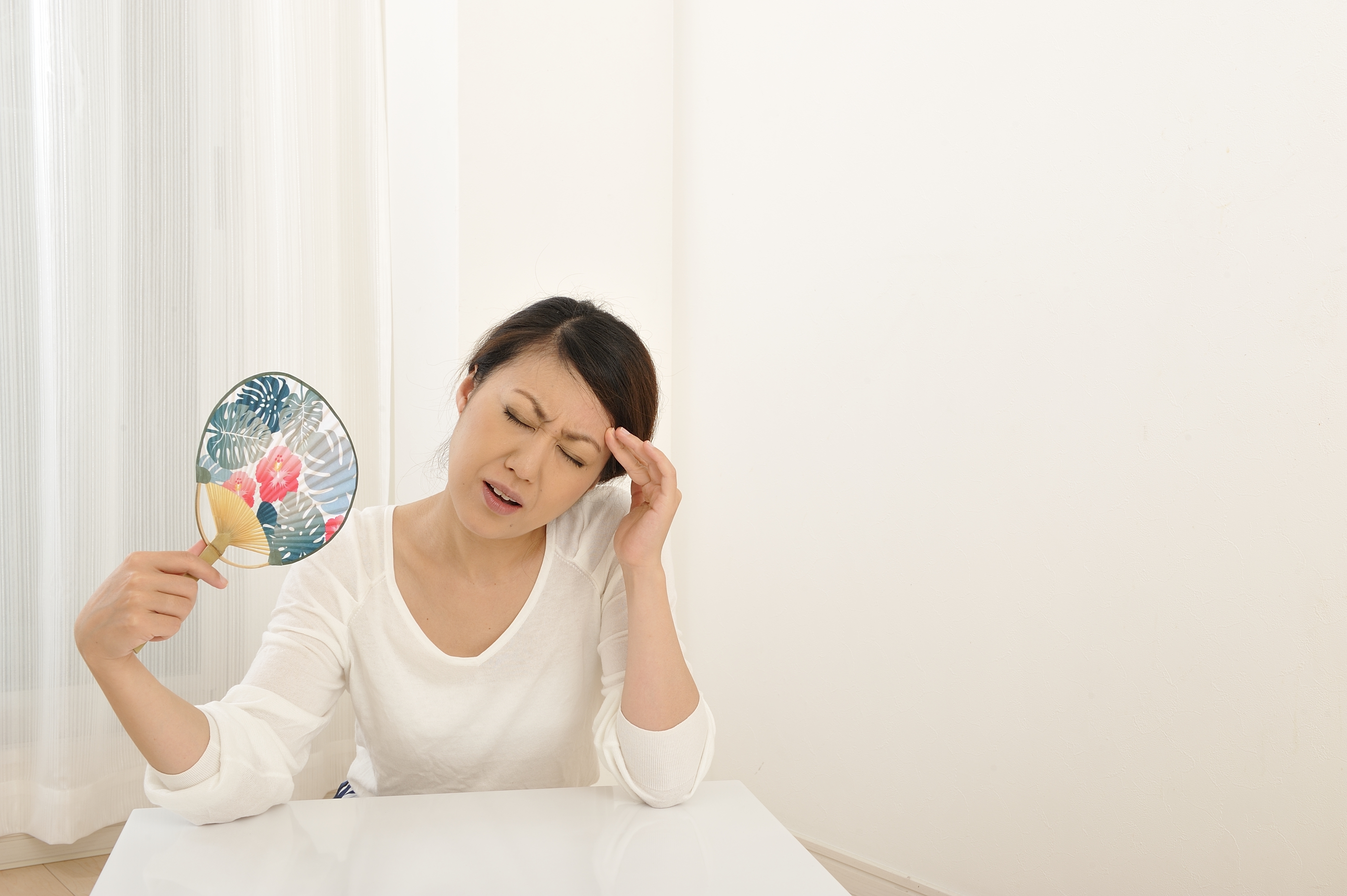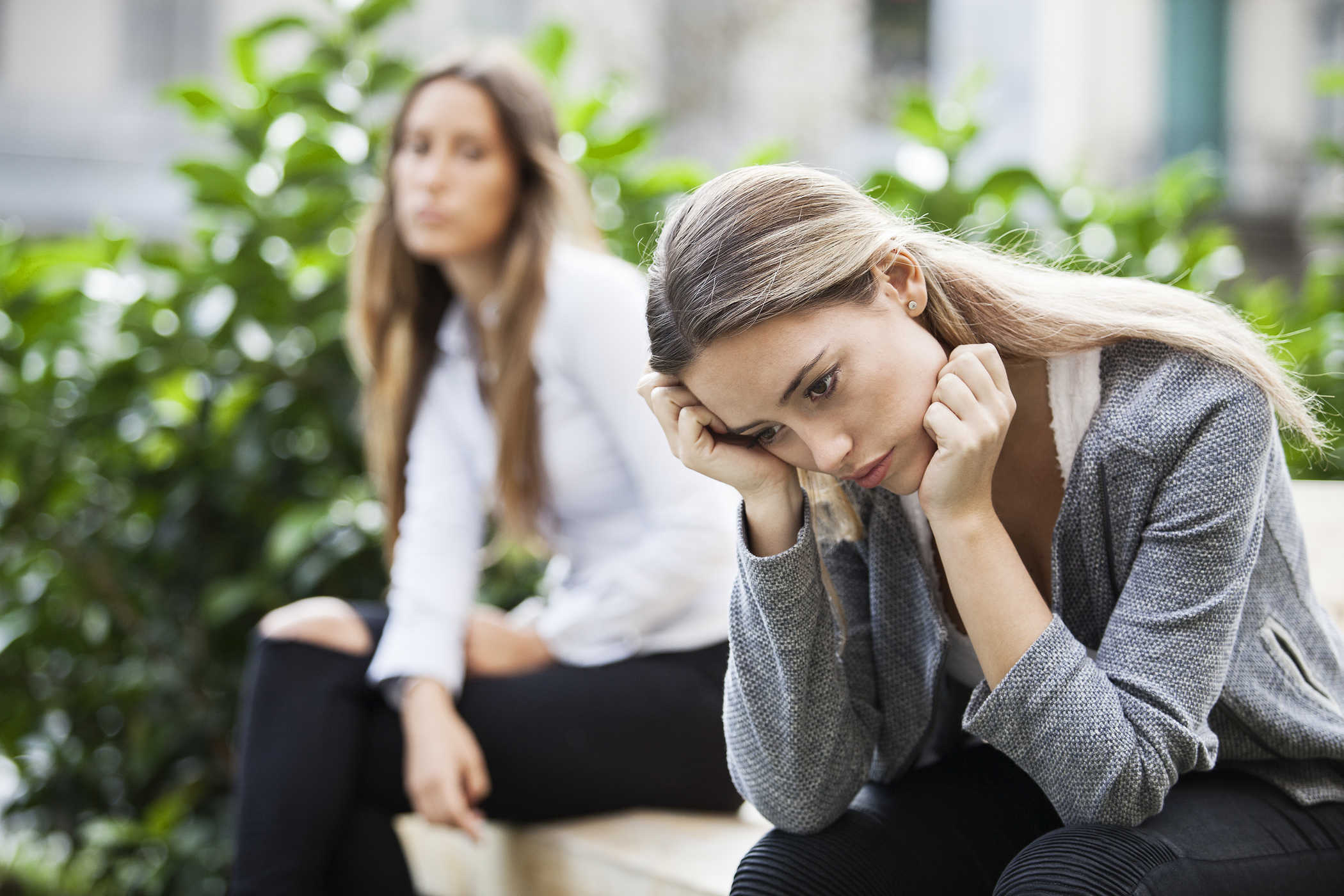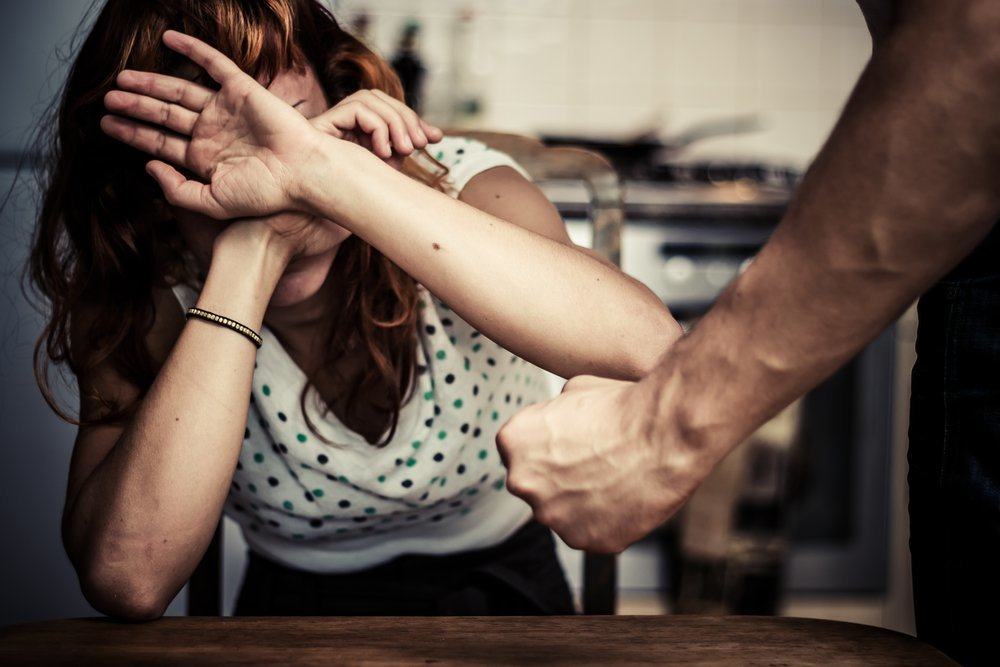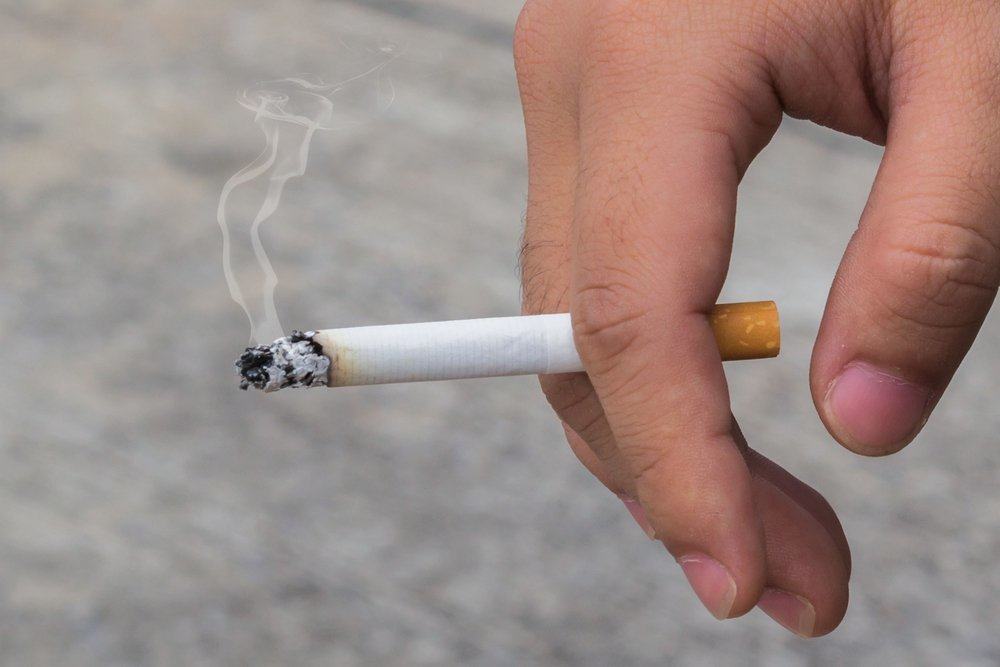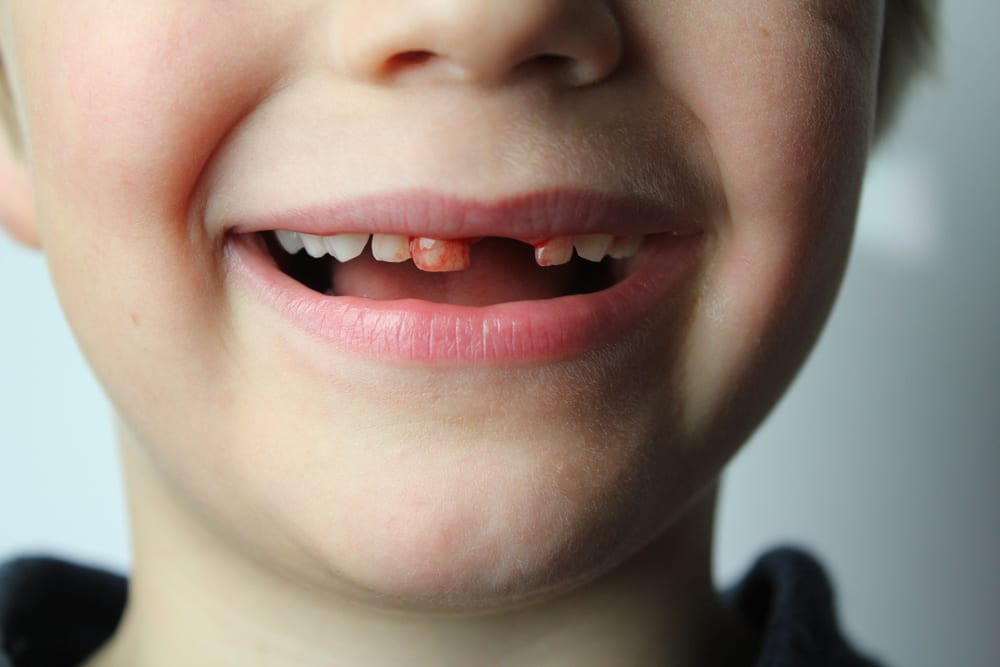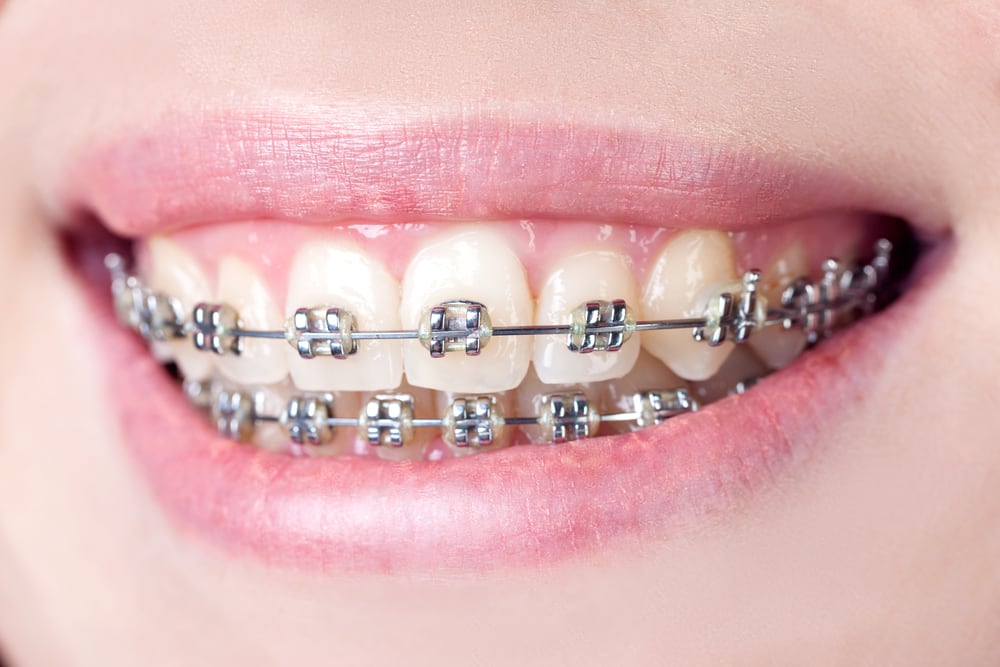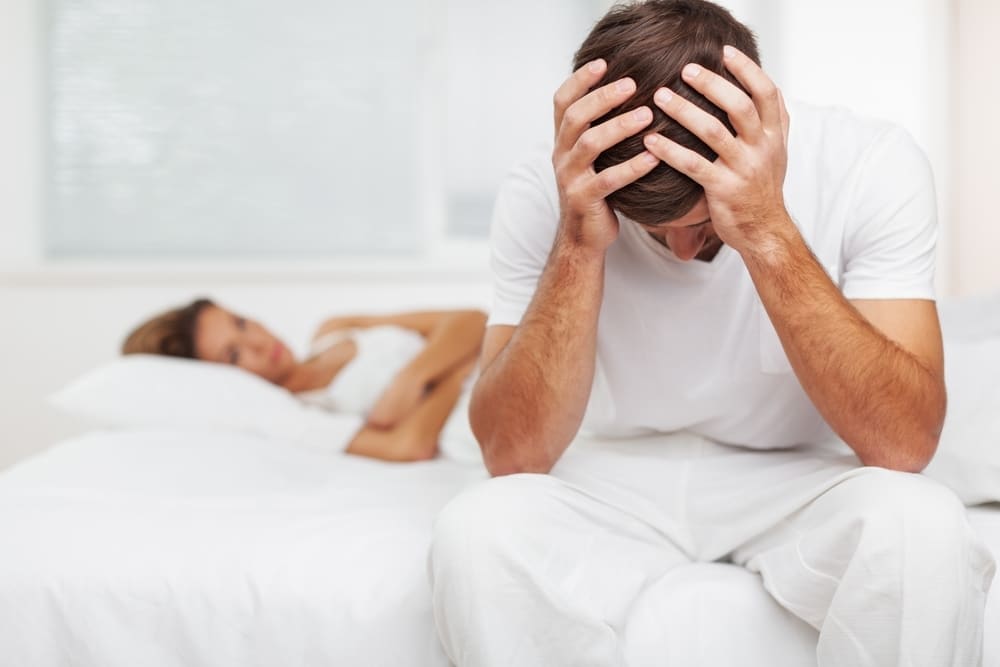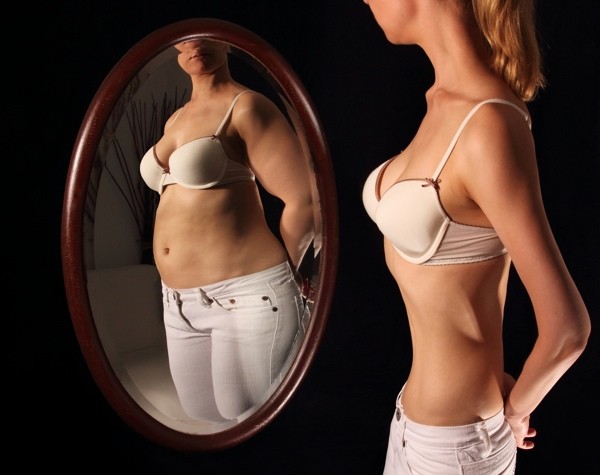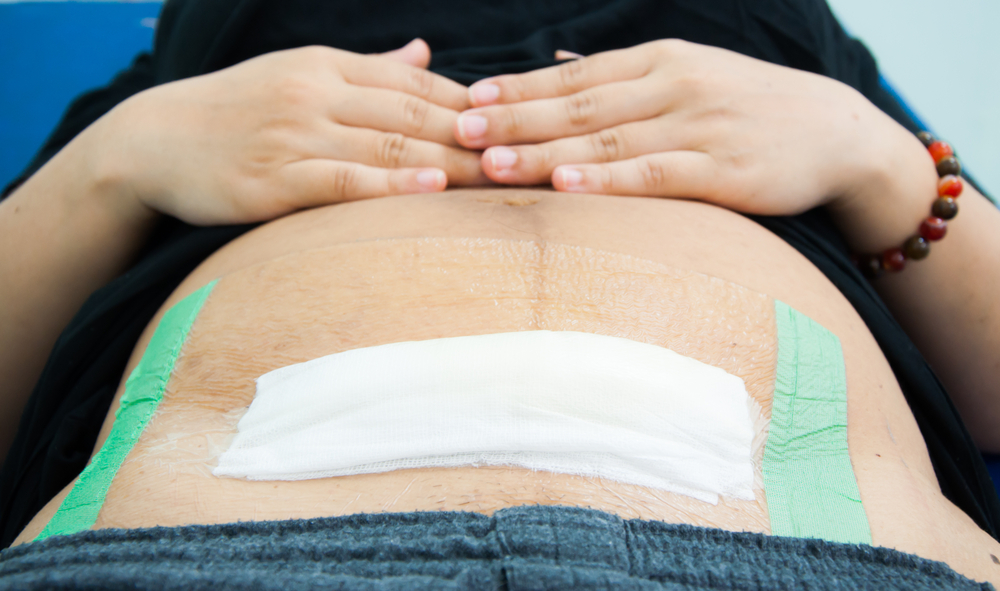Contents:
- Medical Video: Treating High Blood Sugar | Hyperglycemia | Nucleus Health
- How to maintain blood sugar remains normal when diabetics are sick
- 1. Keep checking blood sugar
- 2. Try to keep eating and drinking
- 3. Keep taking medication or use insulin according to dosage
- Taking painkillers when you're sick, is it safe?
- Before you really get sick, you have to ...
Medical Video: Treating High Blood Sugar | Hyperglycemia | Nucleus Health
When sick with colds, flu, or other diseases, the body experiences tremendous physical stress in an effort to fight infection. This effect may double when diabetics or diabetics get sick. Diabetes itself is a condition that weakens the immune system. Plus, the body produces more glucose as part of the process of fighting infection. This extra glucose in the bloodstream can cause a dangerous surge in blood sugar levels. So how do you manage your blood sugar levels when you are sick?
How to maintain blood sugar remains normal when diabetics are sick
1. Keep checking blood sugar
As explained above, the condition of illness can increase blood sugar levels. Therefore, you still have to check your blood sugar regularly throughout the day even if you are sick - if possible even every hour, or every two to four hours.
Keep your blood sugar always below 200 mg / dL. When blood sugar levels are above 300 mg / dL, it is necessary to check for ketones in the blood or urine. The presence of ketones shows diabetic ketoacidosis (DKA), a dangerous condition caused by acid buildup due to high blood sugar.
2. Try to keep eating and drinking
If people with diabetes are sick and have no appetite, it's good to deal with this problem in various ways so that you still get food intake. Because when you are sick or under conditions of stress and no appetite, the immune system will automatically trigger blood sugar production more rapidly, whether it is taken from food or not.
Every food that enters the body will be converted into sugar or glucose. If you do not eat, but continue to inject insulin, this can actually trigger hypoglycemia that is harmful to your health. Hypoglycemia is a condition of low blood sugar levels which causes the heart to beat too fast, tremble, hunger, anxiety, even convulsions to coma.
Try to eat snacks to prop your stomach when you're sick, for example sandwiches, cereals, biscuits, soup or porridge. If you still have no appetite, you should just keep your body fluids intake by drinking at least once an hour to avoid dehydration.
You can consume fluids that can balance electrolytes in the body, such as mineral water, electrolyte drinks, tomato juice, or chicken broth. When body fluids decrease, the acid level in the blood vessels will increase because of increased blood sugar. This condition is certainly dangerous for your health.
3. Keep taking medication or use insulin according to dosage
The condition of not feeling well or sick often makes you nauseous and not appetite, even for taking drugs. However, it is important for you to keep taking oral medication so that your blood sugar levels remain balanced.
In addition, you also still have to inject insulin regularly. But remember, still balance insulin injections with food intake so as not to cause hypoglycemia as described in point number two.
Taking painkillers when you're sick, is it safe?
Flu, runny nose, cough, fever, even sore throat still need medication to get well soon. But what often becomes a question is, is it safe to take these drugs in addition to diabetes medications?
The answer, okay. However, consult with a doctor who understands your condition first. Certain drugs can interact with the diabetes drug you are using. For example, syrup coughs generally contain sugar so they can risk increasing blood sugar. Meanwhile, several other antibiotics can interact with diabetes medications.
Before you really get sick, you have to ...
Before diabetics get sick, you need to prepare a number of important things planned with your doctor. Starting from the types of drugs that are safe for consumption by diabetics when they are sick and which are not allowed, regulation of insulin dosages, plans for food and fluid intake, heart rate, respiratory rate, and weight control.
This information is used as the right advice for you how to regulate blood sugar levels and other symptoms when you fall ill later on. The goal is to keep yourself from dehydration and the risk of dangerous hyperglycemia.

